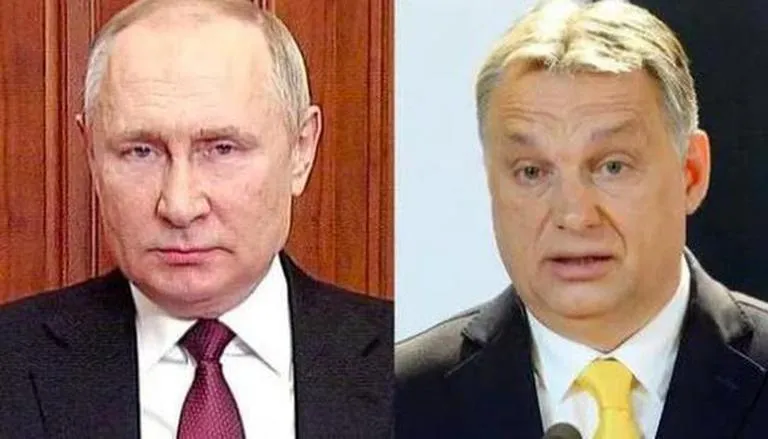As the EU prepares to impose the 11th sanctions package against Russia, Budapest with support from Athens has been blocking the fresh measures, according to Politico. While the EU has already placed at least 10 coordinated sanctions on Moscow in response to its war in Ukraine, Brussels is preparing another tranche of sanctions that are being opposed by not only Hungary but also Greece.
Objection to Ukraine’s name-and-shame list
EU is planning to impose a trade embargo on countries that have been helping Moscow dodge the sanctions. Ukraine has handed the EU a list of private companies labelling them as the “war sponsors” to be sanctioned that also includes scores of European companies. But Hungary and Greece want some of these firms to be excluded from the sanctions package. At an EU meeting this week, German Foreign Minister Annalena Baerbock slammed Hungary for not participating in the sanctions against Russia since the start of the invasion. Greece, however, which was at the forefront of the discussion, appeared to push back on the claims of the sanction circumvention.
“In the case of the Ukrainian name-and-shame list, the Greek companies are accused as International War Sponsors even though they are not violating the restrictive measures against Russia.”
Another diplomat told the outlet that while the EU sympathises with Greece’s position, “the question is how much does it damage [their economy], and Greece says it’s very damaging. We don’t have a problem with that position — but independently of that we of course want the next sanctions package.” It was also learnt that both countries have refused to agree on anything unless the firms were taken off the list. Hungary, Russia’s ally, had previously refused to give consensus on sanctions that included oil embargo. Hungary demanded an exemption from the European Union’s proposal to ban Russian oil imports, citing its dependence on Russian energy as making such compliance totally unfeasible. “This package of sanctions will completely destroy the security of Hungary’s energy supply,” Hungarian Foreign Minister Péter Szijjártó had told a press briefing. He further argued that his country was reliant on Russian oil imported via existing pipelines.
